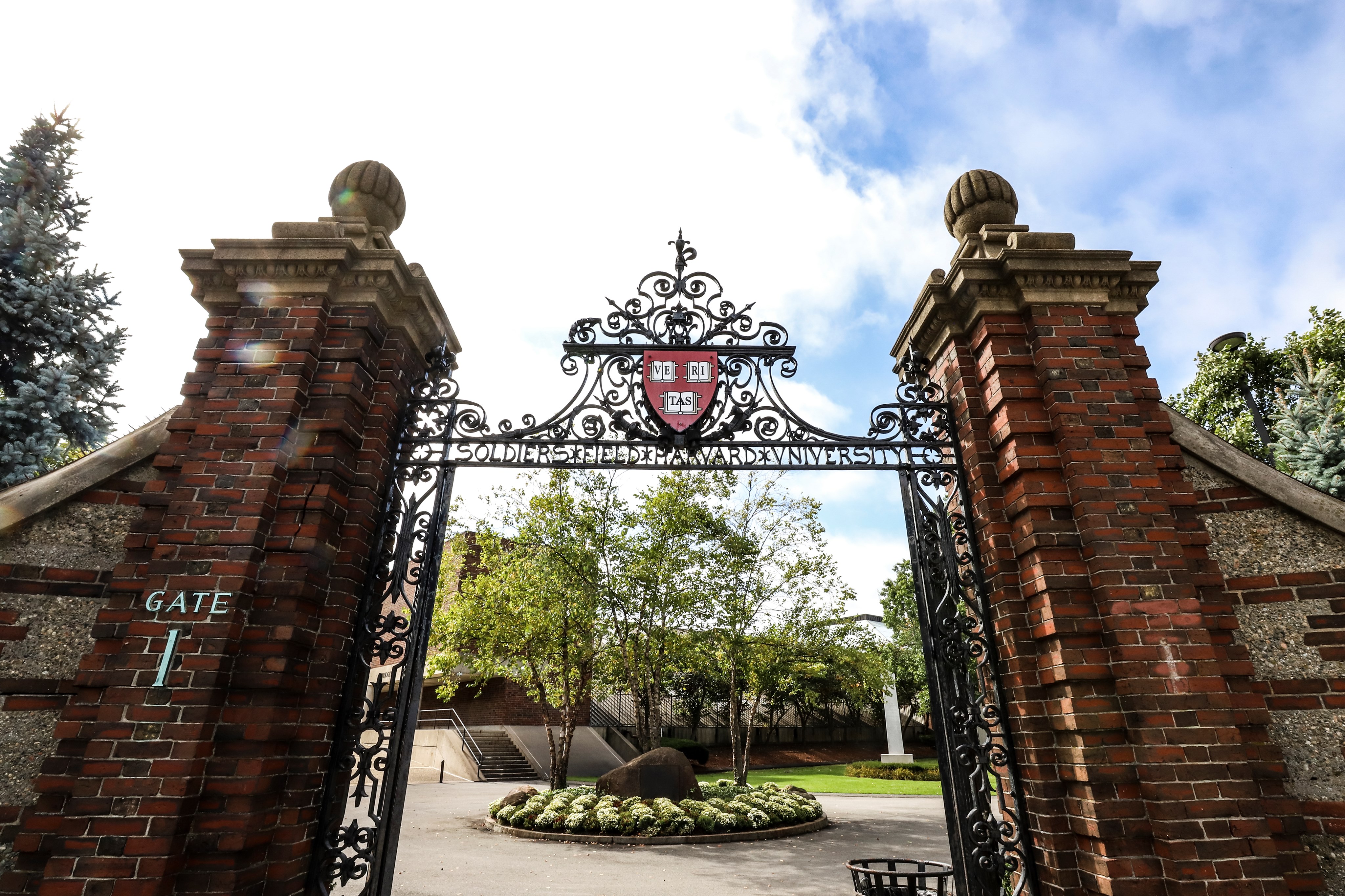After more than two years of living through the pandemic, the graduating Class of 2022 will set off to face a tumultuous job market and uncertain world.
Despite their abnormal college experience and the pandemic’s deep effects on industry, this batch of Harvard College seniors still closely resembles previous classes when it comes to planning for the future. Trends of moving to the coasts, taking jobs in finance or technology, and earning hefty post-grad salaries continue into this year.
Similar to past years, the most popular career choices among seniors are in the consulting, finance, and technology sectors, and nearly half of survey respondents indicated they will be residing in Massachusetts or New York.
Sixty-seven percent of seniors plan to join the workforce in their first year out of college, up from 61 percent in the Class of 2021. Not everyone, however, is following this path. Fifteen percent said they plan to enroll in a graduate or professional school, with roughly 7 percent preparing to participate in some kind of fellowship.
The proportion of seniors planning to travel after graduation increased slightly from last year to 2 percent. Those who are undecided on their post-graduate plans fell 4 percentage points from 2021 to 10 percent of respondents. This is the second year in a row to see such a drop.
Movin' Out
A majority of graduating seniors will find themselves on one of America’s coasts, continuing a yearslong trend. The most popular domestic locations among respondents also roughly match up with previous years: 27 percent to New York, 12 percent to California, 4 percent to Washington D.C., and 21 percent staying in Massachusetts.
Among the 13 percent of seniors who will be living outside of the U.S., the most popular destinations are Europe and Asia, with 59 percent and 16 percent of those seniors, respectively.
Sixty-seven percent of seniors pursuing careers in government or politics are heading to the nation’s capital. Seniors working in finance are also geographically concentrated, with 65 percent planning to call New York home for at least the next year.
Eight percent of seniors are still unsure of where they will be living next year, a drop of 6 percentage points from the Class of 2021.
It Just Makes Cents
For seniors joining the workforce, jobs in consulting, finance, and technology continue to dominate. Similar to last year’s graduating class, 23 percent of respondents will begin consulting jobs, 18 percent finance jobs, and 17 percent technology jobs.
Last year, 21 percent of respondents went into finance, 19 percent into consulting, and 17 percent into technology.
Beyond the big three sectors, 9 percent will pursue academia or research, 6 percent engineering, 6 percent health, 4 percent arts and entertainment, 4 percent public service, and 3 percent government or politics.
There are gender disparities in some industries. Of the seniors who reported a post-graduate job in finance, 63 percent identified as male. Nearly two-thirds of respondents who reported a post-grad job in engineering are male. By contrast, 51 percent of those who reported going into technology are female.
Mo' Money, Mo' Problems
The majority of respondents reported they will exceed the national average salary for recent graduates, in line with trends from past graduating classes.
Nearly seven in 10 seniors will be making more than $70,000 in their first year out of college, the highest proportion in the past four years. In addition, roughly 30 percent of graduates will make more than $110,000, up from 25 percent last year. This puts most students’ salaries above $55,000, the national average salary for recent graduates. Seven percent of respondents reported an expected salary of less than $30,000, while 1 percent indicated they were taking an unpaid position.
Despite mostly high salaries, the gender disparity among graduating classes persists. Of those respondents who reported they will make more than $110,000, only 35 percent identified as female. For those making less than $30,000, that number is 55 percent.
In the highest income bracket, finance (45 percent) and technology (37 percent) positions are the most prevalent. Meanwhile, consulting dominates among respondents expecting to make $70,000 to $110,000.
First-generation college students were more likely to report having starting salaries under $30,000 or unpaid positions. Despite making up only 15 percent of respondents, first generation graduates in the Class of 2022 constitute 30 percent of seniors who will be in the lowest salary bracket after graduation.
Financial Considerations
Fifty-six percent of respondents said they anticipate receiving some level of financial support from their parents, with 15 percent expecting a “substantial” level of support, such as rent and other living expenses. This is down slightly from last year’s graduating class, which had 60 percent overall receiving support and 17 percent receiving “substantial” support.
Family considerations also played a large role in determining some seniors’ plans for the future. Seventy-one percent of respondents said their family’s socioeconomic status informed their post-graduate career choices, with 21 percent indicating this factor “greatly” influenced them.
Some seniors are also dealing with the impact of student loans. Fourteen percent of respondents indicated they will graduate with some kind of debt. Among these students, 32 percent said student loans are impacting their post-graduate plans. The share of students graduating with loans increased slightly this year, but the proportion who said their future plans would be impacted by those loans fell by 9 percent.
